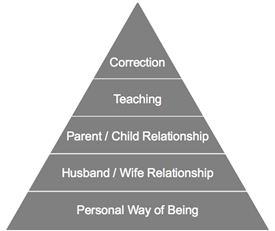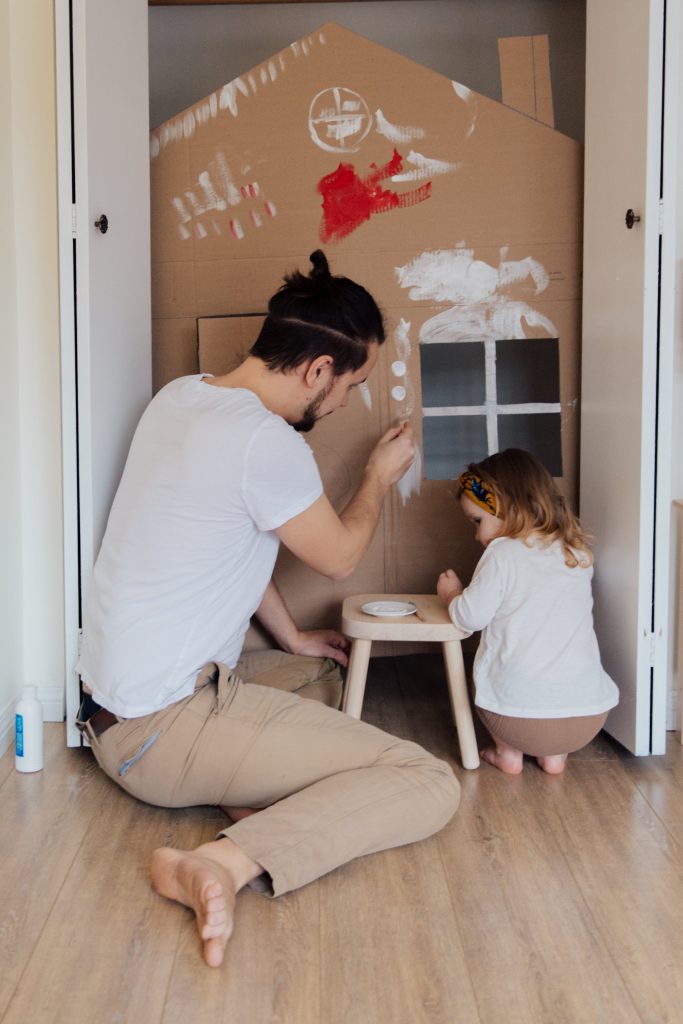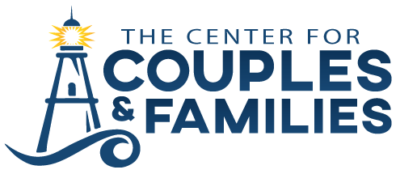LEARN SOMETHING NEW
Therapy Blog for Orem, Spanish Fork & South Jordan
Parenting: It’s Not What You Think
Let’s talk about parenting tips to help you create a stronger family. The ever-growing ideologies of parenting offer two polar scenarios. The first is a beautiful imagery of always smiling children, as if they are cherubim with harps playing harmoniously in the background. Parents and children holding and hands and skipping in sync with bluebird’s sweet calls, complete with a rainbow crowning every day’s joyous experience.
Alternatively, parenting children can be pictured as Jack-Jack from The Incredibles is portrayed: little devils that are on a merciless rampage, destroying everyone and everything in their path.
While there is truth to both, it is no falsification that parenthood can be fulfilling and enjoyable and yet incredibly frustrating and draining. When your child hits their sibling, spills their dinner, yells incessantly, how do you react? What is in your arsenal of go-to consequences? At the end of a long day, filled with negative behavior left and right, do you find yourself defeatedly asking, “what do I do when nothing has worked?” What if you were told, “it’s not them, it’s you?”
Parenting Pyramid
It can be terrifying to admit that you may be maintaining problematic behaviors, but shame aside, there is an intrinsic freedom in it. Recognizing detriments to progress delivers hope and increases motivation. I specialize in working with children who struggle with behavioral problems, focusing on systemic parental influences. I use the “Parenting Pyramid”, developed by the Arbinger Institute, to understand and treat underlying issues. The pyramid incorporates five different facets, often unaddressed, that unknowingly influence parenting proficiency. (Pictured below). Lets take a look at each and see what parenting tips we find.

Personal Way Of Being
At the foundation of positive parenting is each parent’s personal way of being. It is difficult to show endless compassion and love to others when you do not have it for yourself. Working the 24/7 hours of parenthood while battling one’s own debilitating depression, anxiety, physical ailment or self-deprecation is nearly unbearable. Therefore, seeking help for personal issues is the first step in improving your child’s behavior.
Husband/Wife Relationship
If a positive relationship with yourself is the foundation of positive parenting, then your relationship with your spouse is a close second. Children quickly pick up on emotions, behaviors and processes. Consciously or not, parents are continuously modeling to their children appropriate ways to behave in relationships with others. Partners that are close and connected are better able to model positive behavior to their children.
Parent/Child Relationship
Similarly, the specific parent/child relationship is of vital importance. Your children will mirror what they see you doing. They will behave in relationships in similar ways based on how you treat them. If you build your relationship on connection, unwavering love and trust, your children will be more open to being taught, advised and if necessary, corrected.
Teaching
Most have heard the popular saying, “Give a man a fish and he will eat for one day. Teach a man to fish, and he will eat for a lifetime.” The same should be emphasized for children. Teach them the reasoning behind not doing something (i.e., Please do not jump on the couch). Remember how badly it hurt when you tripped and scraped your knee? If you fall off the couch, you could scrape your knees even worse than that, and seeing you in pain makes me sad) they are much more likely to understand and follow through with requests. It is much easier to move forward if you know the direction that you are supposed to be moving in.
Correction
At the very top, and let me emphasize, after all facets below have been addressed thoroughly, children can receive correction. Notice that the word is not punishment or criticism. Correction is an opportunity to express disapproval of one’s behavior, while teaching and modeling correct behavior in a loving manner. When you spank your child is out of anger? When you utter harsh words do you regret it? Correction is behavior management that makes sense and is done purposefully. Using this approach, the parent/child relationship maintains its stability and the likelihood of the continuation of the negative behavior decreases.
Quick Parenting Tips for Behavior Change
- Don’t react out of anger. If your child does something that frustrates you, take a break, and then use correction in a purposeful manner.
- Go out on a date with your significant other to strengthen your relationship.
- Take time to do something for yourself. Reflect on what you may need to do more or less of to enhance personal well-being.
- Positive Time-Out- If children are overstimulated and need a break from others, provide a safe place where they can experience a positive outlet. (i.e., read a book, do a puzzle, play with stuffed animals, draw/color/paint, etc.)
- Balance every corrective statement you give your child with 5 compliments or encouragements.
